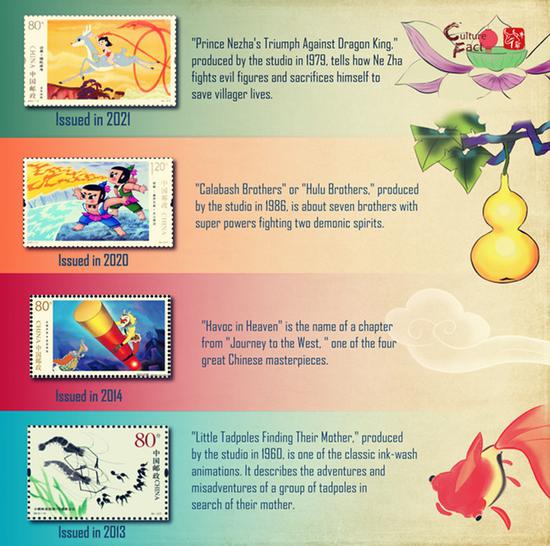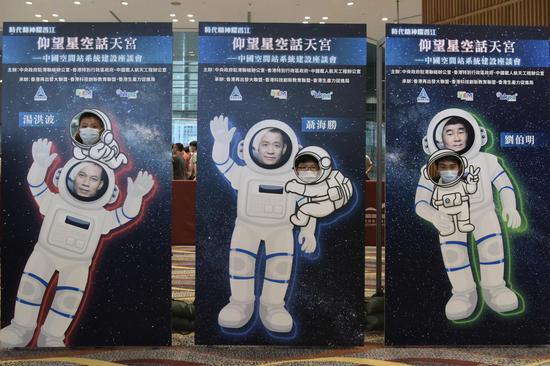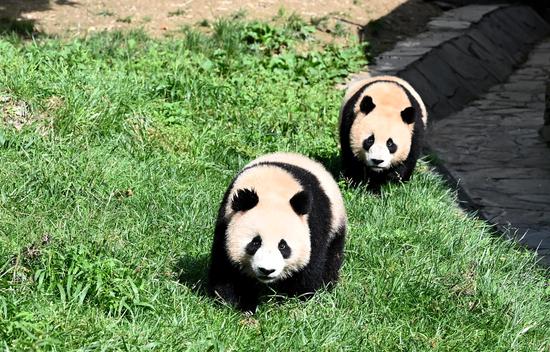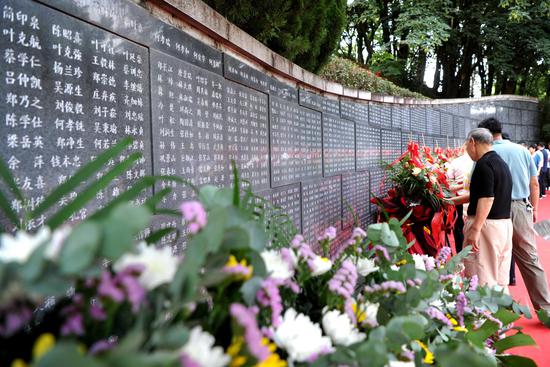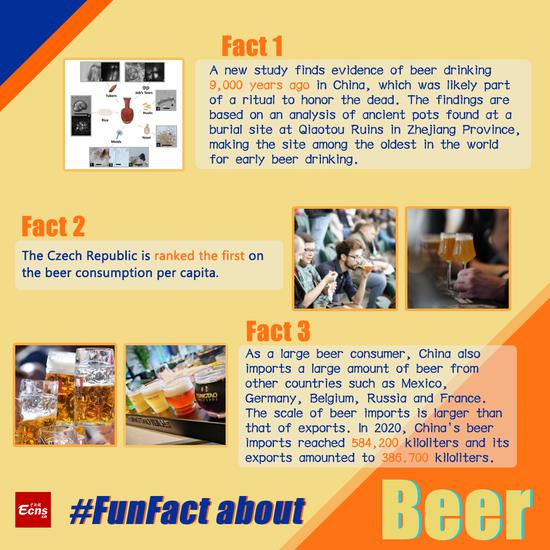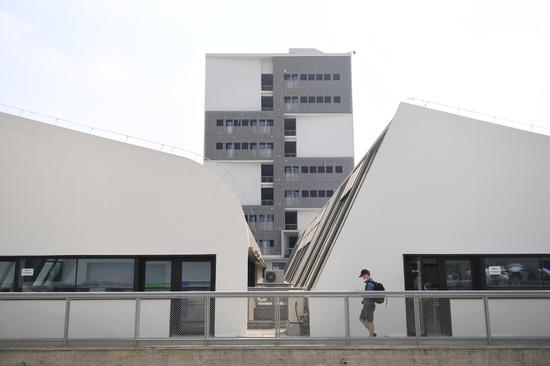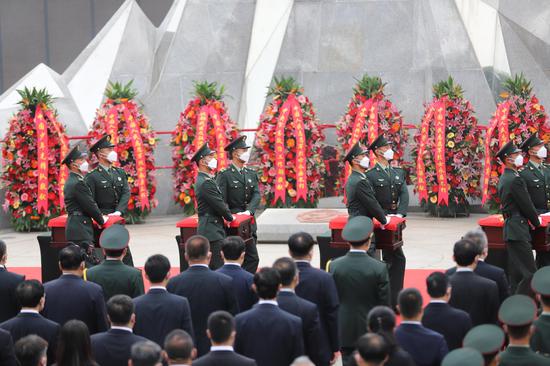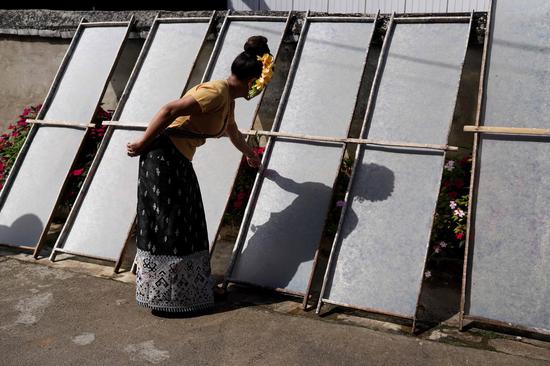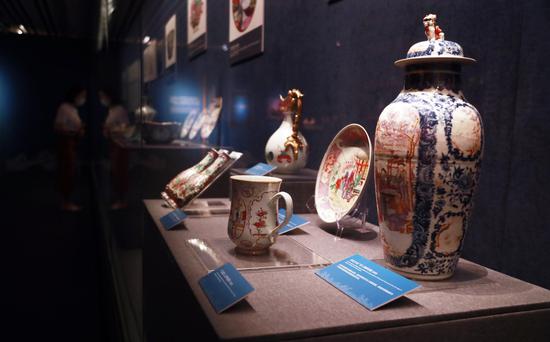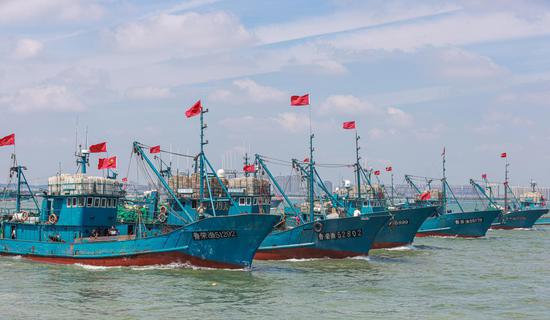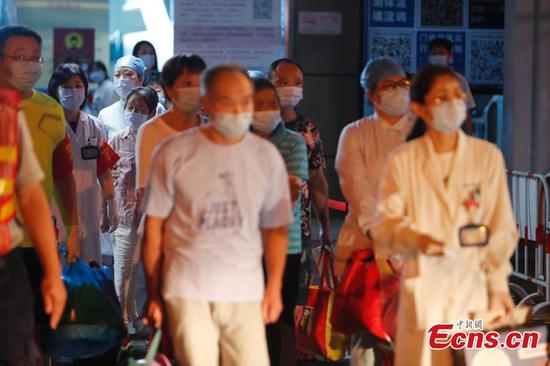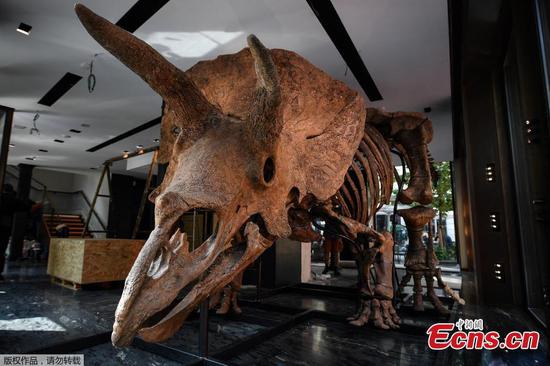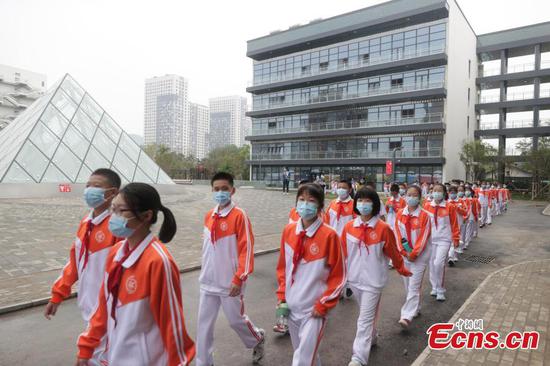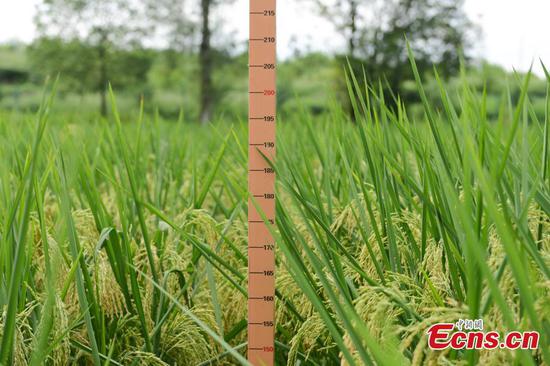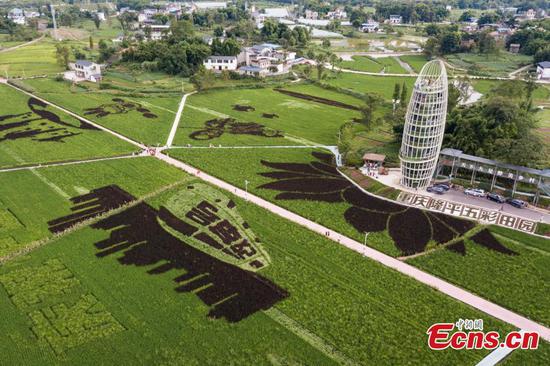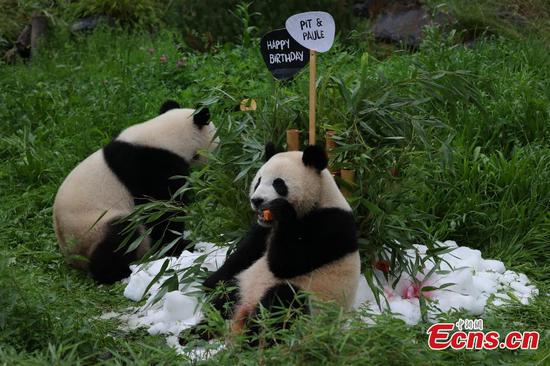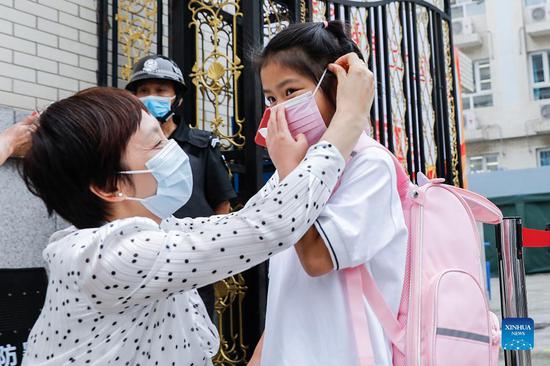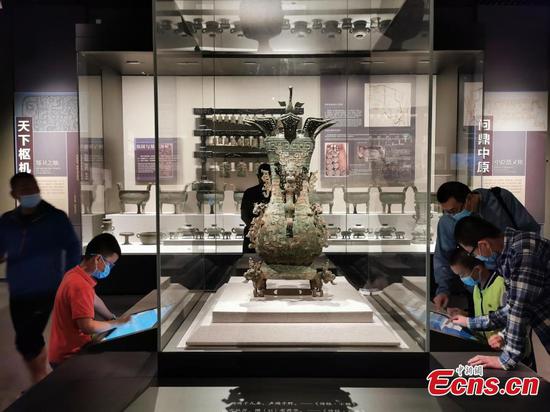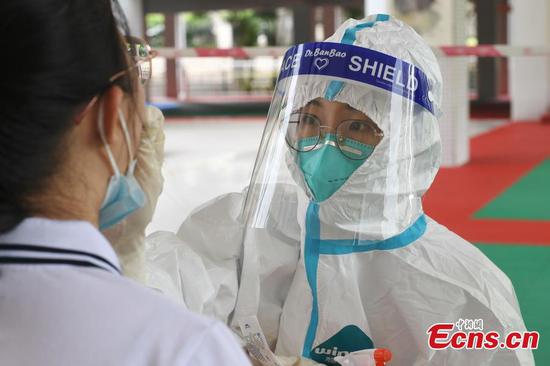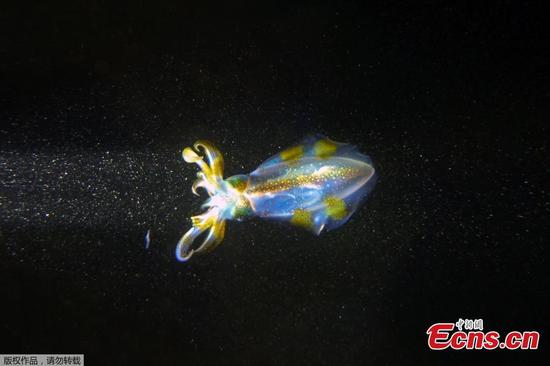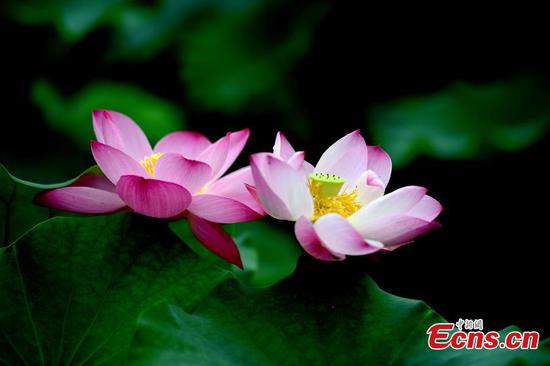Chinese Ambassador for Disarmament Affairs, Li Song, has introduced here China-proposed bio-security guidelines to a UN meeting, highlighting that the initiative could be an effective way to strengthen global bio-safety governance and international cooperation.
Speaking at the Biological Weapons Convention (BWC) Meeting of Experts on Thursday, Li announced that as a result of in-depth discussions conducted by scientists from Tianjin University, Johns Hopkins University, the Inter-Academy Partnership (IAP) and more than 20 countries, the Tianjin Bio-security Guidelines for Codes of Conduct for Scientists has been given formal endorsement by the IAP on July 7 this year.
"The Tianjin Guidelines are based on diversified practices of various countries, and put forward ten guiding principles, such as ethical standards, laws and norms, responsible conduct of research, respect for research participants, research process management, education and training, research findings dissemination, public engagement on science and technology, role of institutions and international cooperation," Li said.
The Chinese envoy told the meeting that these guidelines cover the whole process and chain of biological science research, and are bound to play an important role in promoting the development of bio-sciences and technology, and preventing the misuse and abuse of biotechnology.
Li pointed out that currently, while rapid developments in bio-sciences and technology offer brand new techniques for human beings to understand life and reform the world, those developments bring not only great well-beings, but also potential bio-security risks and threats, which should never be ignored.
"The State Parties of the BWC should keep our pace with the time, bear in mind the visions of universal security and joint development, strengthen the review of developments in bio-sciences and technology under the framework of BWC, promote responsible conduct of biological research and develop necessary and voluntary codes of conduct," he stressed.








